Teaching social media marketing can feel overwhelming, right? With so many platforms and strategies out there, it’s easy to get lost in the noise. We all want to be on top of trends and know how to effectively engage our audience, but where do you even start?
Don’t worry! If you stick around, you’ll uncover a clear path to mastering social media marketing. From creating a solid course structure to practical case studies, this guide will equip you with all the tools you need to teach effectively and confidently.
We’ll cover everything from platform functions to content creation and audience engagement. Plus, I’ll share tips on encouraging student involvement and promoting lifelong learning. Let’s dive in and make social media marketing more approachable together!
Key Takeaways
- Create a clear structure for your course with specific learning outcomes.
- Use real-world examples and case studies to enhance understanding.
- Teach the unique functions of major social media platforms.
- Guide students in developing their own social media strategies.
- Focus on creating engaging content and fostering audience interaction.
- Introduce essential social media management and analytics tools.
- Cover fundamental marketing principles to lay a solid foundation.
- Encourage competitions to promote active learning and creativity.
- Offer certification opportunities for students looking to boost their careers.
- Promote continuous learning to keep up with the ever-evolving industry.

1. Create a Clear Course Structure for Social Media Marketing
Having a well-organized course structure is crucial for effective learning, especially in social media marketing.
Start by outlining the main topics you want to cover, like audience targeting, channel strategies, and content creation.
Each module should have defined learning outcomes, so students know what to expect and can track their progress.
You might also want to use engaging formats like videos, quizzes, and interactive discussions to break up the content and keep things lively.
Consider using a [course syllabus format](https://courseaicreate.com/course-syllabus-format/) to guide your structure, ensuring it flows logically and builds on prior knowledge.
2. Use Real-World Examples and Case Studies
Nothing beats a real-world example when you’re trying to learn something new.
Case studies can illustrate how businesses successfully implemented social media strategies, providing valuable insights into their challenges and triumphs.
For instance, look at how Netflix used real-time engagement to create a buzz around its “Stranger Things” season launch, leading to over 4 million mentions in just a week.
Incorporating diverse examples and case studies into your lessons not only aids comprehension but also helps students relate theoretical concepts to actual business practices.
Don’t forget to ask students how they would approach similar scenarios, fostering critical thinking and discussion!
3. Teach the Functions of Major Social Media Platforms
Understanding the functions of major platforms like Facebook, Instagram, and TikTok is essential for students stepping into social media marketing.
Start by discussing the unique features of each platform, such as Instagram’s visual storytelling tools or Twitter’s real-time engagement capabilities.
Encourage students to explore these platforms, perhaps assigning them to create sample posts or ad campaigns tailored for different audiences.
This hands-on experience can be invaluable; after all, 71% of consumers are influenced to make purchases through social media recommendations.
To make it even more relevant, include discussions on the latest trends and algorithm changes, ensuring your students stay ahead in this fast-paced environment.

4. Guide Students in Developing a Social Media Strategy
Helping students create their own social media strategies is a fantastic way to put theory into practice.
Start by teaching them how to conduct a SWOT analysis on their chosen brand or project, assessing strengths, weaknesses, opportunities, and threats.
Next, guide them in identifying their target audience and defining clear, measurable goals for their social media campaigns.
Once they have a solid foundation, encourage them to outline a strategic plan, detailing the type of content to produce, the platforms to use, and how often to post.
This hands-on exercise aids comprehension and equips them with actionable insights they can use in real-world scenarios.
5. Focus on Content Creation and Audience Engagement
Creating compelling content is at the heart of successful social media marketing.
Teach students the importance of storytelling, visual elements, and brand voice in their content.
Encourage them to leverage user-generated content, as 71% of consumers are swayed by social media recommendations.
To foster audience engagement, introduce techniques like polls, Q&As, and contests, enhancing interaction with followers.
Remind students that the ultimate goal is to build a community around a brand, so the more they can engage their audience, the better!
6. Introduce Essential Social Media Tools
Every social media marketer needs a toolkit to help manage campaigns effectively.
Start by introducing tools like Hootsuite or Buffer for scheduling posts, which can save time and ensure regular content flow.
Next, dive into analytics tools such as Google Analytics and Sprout Social for tracking performance metrics.
These tools offer valuable insights into audience behavior and engagement rates, allowing students to refine their strategies continuously.
Encourage experimentation with these tools in real-time, so students can learn how to interpret data and make data-driven decisions.
7. Teach Fundamental Principles of Social Media Marketing
Before jumping into tools and strategies, it’s essential to cover the basics of social media marketing.
Start with the 4Ps of marketing: Product, Price, Place, and Promotion, and discuss how they apply to social media.
Consider introducing concepts like inbound marketing and buyer personas to give context to their strategies.
These foundational principles set the stage for deeper discussions on consumer behavior and trends in real-time marketing.
Knowledge of these principles can significantly enhance their approach to developing effective campaigns.
8. Encourage Student Engagement Through Competitions
Creating an engaging learning environment is key, and competitions can really turn up the fun!
Organize challenges where students create their social media campaigns based on given scenarios.
Encourage the use of metrics—like engagement rates and conversions—to determine the winners.
This not only fosters friendly rivalry but also allows them to apply their learning actively.
The competitive element pushes them to be creative and think critically about their strategies.
9. Offer Certification Opportunities for Professional Growth
Certifications can boost a student’s credibility in the job market.
Inform students about available certifications in social media marketing, such as those offered by HubSpot or Hootsuite.
Consider helping them prepare for certification exams as part of the course.
This preparation can enhance their understanding while also providing them with a noteworthy addition to their resumes.
Encouraging ongoing education will empower them to keep evolving in the ever-changing digital landscape.
10. Promote Continuous Learning and Industry Awareness
The world of social media marketing is fast-paced and requires constant learning.
Encourage your students to follow industry leaders and subscribe to relevant blogs and podcasts.
Point them toward resources where they can stay updated on changes in algorithms and trends—like the latest on how Netflix leverages real-time analytics.
Discuss the importance of networking within the industry, highlighting events or webinars they can attend.
Remind them that keeping their knowledge fresh is vital for success in their careers!
FAQs
A clear course structure helps learners understand the flow of content, keeps them engaged, and allows for a systematic approach to mastering social media marketing concepts. It enhances retention and application of knowledge effectively.
Real-world examples make theoretical concepts relatable, providing context that aids understanding. They demonstrate practical applications, helping students grasp the effectiveness of strategies and thus improving their competence in real social media scenarios.
Essential tools include content planning and scheduling software, analytics platforms, and engagement tools like Hootsuite and Buffer. These tools help streamline processes, measure success, and enhance interaction with target audiences effectively.
Competitions foster a hands-on learning environment, encouraging creativity and application of skills. They motivate students to engage more deeply with the material and promote collaboration, enhancing the overall educational experience.
